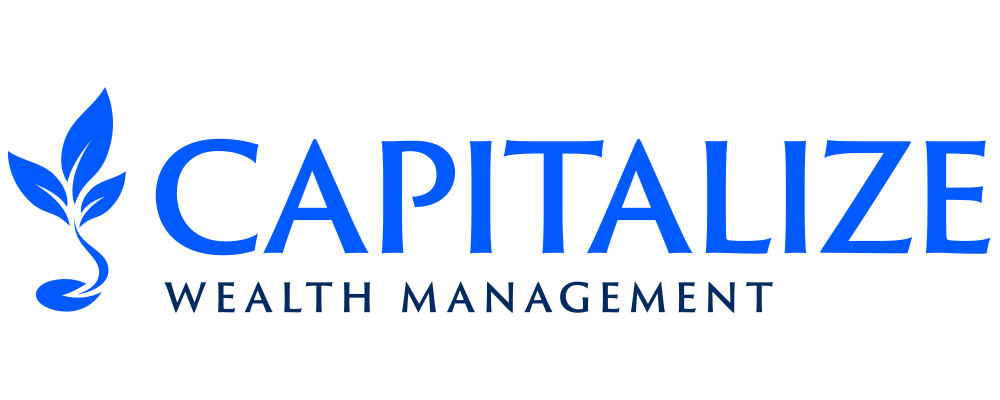
20 Dec 1031 Exchanges
What is a 1031 Exchange?
A 1031 Exchange is also known as a “Like-Kind,” or tax deferred exchange. It gets its name from Title 26, section 1031, of the Internal Revenue Code, which says:
“No gain or loss shall be recognized on the exchange of property held for productive use in a trade or business or for investment if such property is exchanged solely for property of like kind, which is to be held either for productive use in a trade or business or for investment.”
A 1031 exchange is arguably the most valuable tax advantage available to real property owners. Stemming from section 031 of the Internal Revenue Code, a 1031 exchange allows a property owner to avoid paying capital gains tax on the sale of their property by investing the proceeds into a “like-kind” property within a specified time period. Like-kind real estate includes business and investment real property, but not the property owner’s primary residence. The exchanger not only defers their capital gain tax liability but also defers their state tax, depreciation recapture (25% of the depreciation taken), as well as the net investment income tax.
This Is a Forward Exchange illustration

WHAT Qualifies for an Exchange:
Does Include
- Rental (Investment Property)
- Commercial Real Estate (NNN Retail, Industrial, Office, etc)
- Raw Land
- Vacation Rentals
- Mineral Rights
- Air Rights
- Water Rights
- Delaware Statutory Trust (DST) Investment Properties (fractional ownership)
- Tenant-in Common(TIC) Investment Properties (fractional ownership)
- Certain other Fractional Ownerships (Title Holding Trusts, Land Trusts and others)
Does NOT Include
- Stocks
- Bonds
- Primary Residence
- REIT’s
- Second Homes
- Vacation Homes (personal Use)
- Property purchased to fix (rehab) and flip
- Condo Conversions
1031 EXCHANGE RULES
Identification Rules
- Three Property Rule – Identify a maximum of three properties for any fair market value. This rule is used often in practice.
- 200% Rule – Identify any number of properties as long as the fair market value does not exceed 200% of the relinquished properties net sale price. This rule is used often in practice.
- 95% Rule – Identify ANY number of properties for ANY value but investor must close on 95% of the value identified. This rule is rarely used in practice. In fact, our team has never used this rule in a 1031 transaction.
Replacement Rules
To successfully complete an Exchange and defer capital gains taxes, investors need to satisfy the following requirements:
- Value- Purchase a property of equal or greater value
- Equity- Reinvest all of the equity at the Qualified Intermediary (QI) into the replacement property. Note: Any equity not invested will be subject to tax
- Debt – Obtain equal or greater debt on the replacement property. Exception: Reduction of debt can be offset with additional cash from the exchanger

